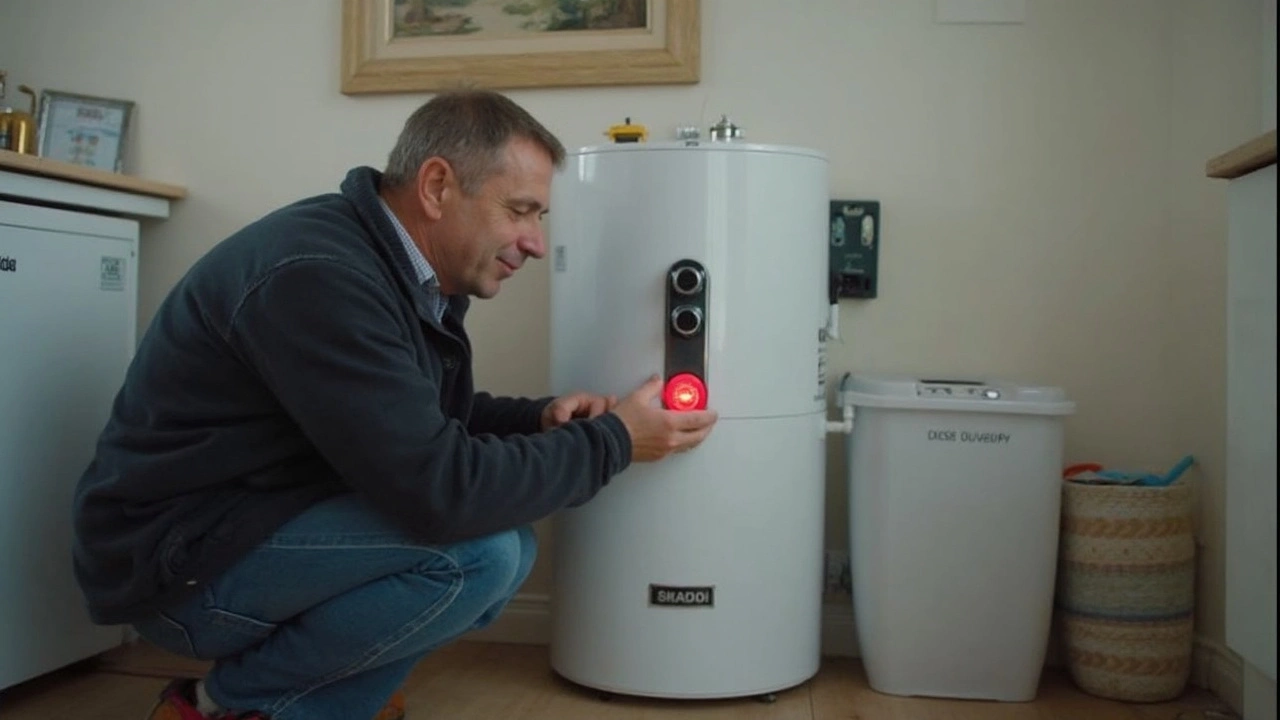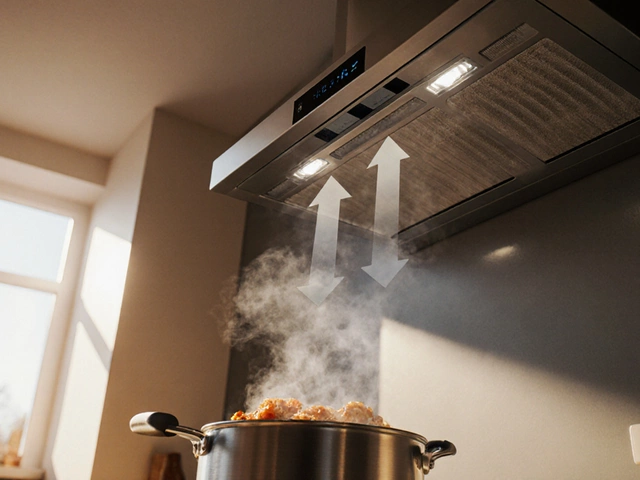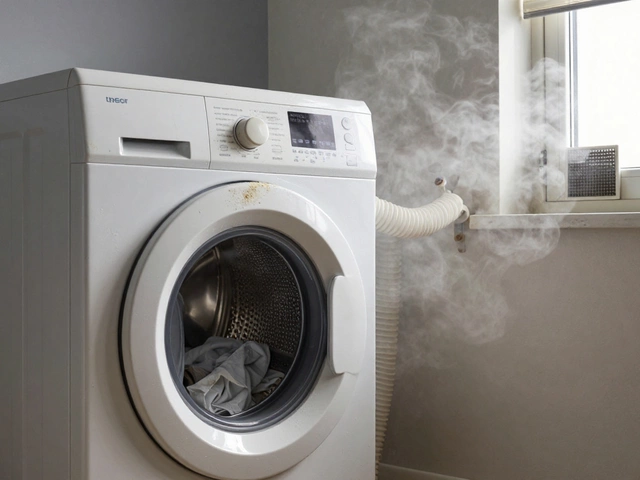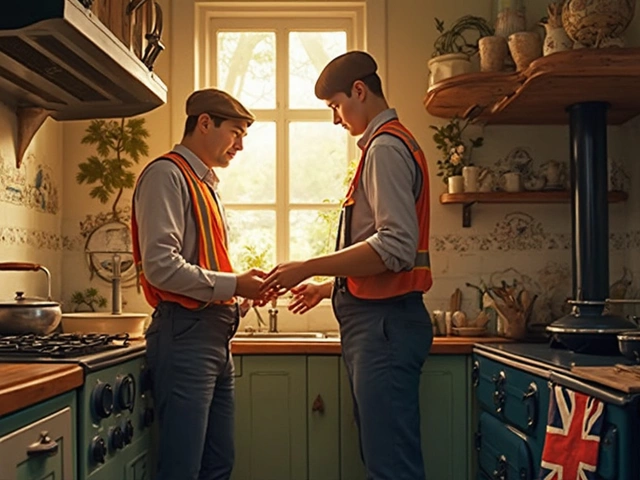When the shower runs hot and the kettle whistles, you probably take it for granted. But a water heater that’s not safe can turn a simple morning routine into a costly nightmare. Below are the practical steps you can take right now to protect yourself, your family, and your wallet.
First thing’s first – learn to read the clues. If you notice cold showers, strange noises, or a faint rust smell, something’s off. Those signs often mean a failing heating element, sediment buildup, or a loose connection. Our guide "Hot Water Not Working? Top Reasons and Fixes for Cold Showers" breaks down each symptom and the quickest DIY checks you can do.
Another red flag is the frequent need to reset the unit. The post "Common Reasons Why You Keep Resetting Your Water Heater" explains why repeated resets point to overheating, a faulty thermostat, or a broken pressure valve. Ignoring the reset loop can lead to leaks or, in worst‑case scenarios, an explosion.
Regular upkeep is the cheapest insurance policy. Flushing the tank removes mineral deposits that cause corrosion and reduce efficiency. Our step‑by‑step article "How Often Should You Flush Your Water Heater?" shows you how to do it in under an hour with just a garden hose and a bucket.
While you’re at it, check the anode rod every year. A worn‑out rod stops the tank from rusting from the inside out. Replacing it is easy and usually costs less than £30. When you replace the rod, you also get a chance to inspect the tank for leaks or rust spots.
Don’t forget the safety valve. Lift the test lever once a year; you should hear a short burst of water. If the valve doesn’t release, replace it immediately – a stuck valve is a leading cause of water‑heater explosions.
Finally, keep the area around the heater clear. No flammable items, no clutter. Good ventilation helps the unit stay cool and reduces the chance of overheating.
By following these simple habits, you’ll extend the life of your heater, keep your energy bills low, and most importantly, stay safe.
Need more specific advice? Check out related posts like "How Long Can a Hot Water Heater Last? The Truth About 30‑Year Water Heaters" for lifespan expectations, and "Water Heater Reset" for troubleshooting tricks you can try before calling a professional.
When in doubt, call a qualified technician. A licensed repair person can spot hidden issues, test the thermostat, and ensure the unit complies with local safety regulations. Trust us – spending a little on a professional check now beats a costly flood later.

Thinking of fixing your own water heater? Learn when DIY is safe, common problems, money-saving tips, and when to call a pro.

Ever wondered why you end up pushing that red reset button on your water heater over and over? This article digs into exactly what the reset button does, why it keeps tripping, and what can go wrong if you keep hitting it. Get clear answers about hidden water heater issues and learn simple steps to protect your system—and your wallet. We’ll walk you through warning signs, smart troubleshooting tips, and when it’s time to call a pro. No tech jargon, just straight talk for anyone tired of cold showers.

Find out if leaving your extractor fan on is safe, how much energy it uses, and the best practices to protect your home while keeping the kitchen fresh.

Curious if you can fix your boiler yourself? This detailed guide covers common boiler problems, easy repairs you can tackle, and when to leave it to the pros.

Most tumble dryers last 8-13 years, but poor maintenance can cut that in half. Learn the signs your dryer is failing, when to repair vs replace, and how to make it last longer.

Thinking about installing a new electric oven? It's not always as simple as plugging it in. Discover the ins and outs of electric oven installation with tips on wiring, safety precautions, and when to call a professional. Learn what to check before attempting to plug in a new unit and how to ensure everything's set up correctly for safe and efficient use.

Unravel the mysteries of oven troubles with a comprehensive guide that walks you through common issues and their solutions. From unexpected cold spots to issues with heating elements, this article explores practical approaches to diagnosing and fixing your oven. Learn about signs to watch out for, potential tools needed, and tips to maintain your oven's optimal performance. Perfect for homeowners who want to save a little cash and feel empowered to tackle minor repairs before calling in the professionals. This guide makes oven repair accessible and doable for the average person.